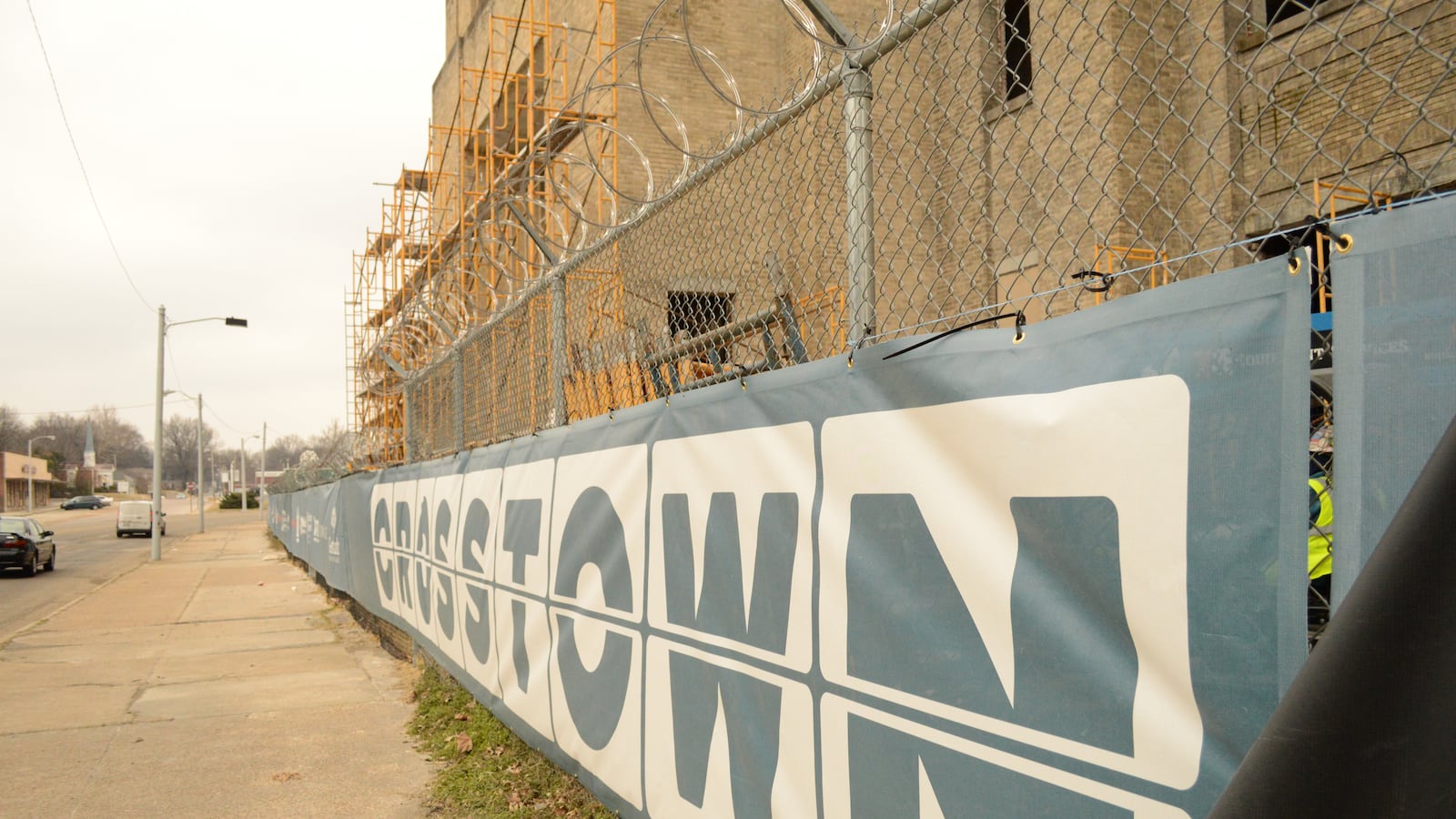Five new charter schools, including the proposed Crosstown High School in Midtown Memphis, are being recommended for approval by Shelby County Schools, while three other applications should be rejected, district administrators say.
If the school board concurs Tuesday night, Tennessee’s largest district will expand to 52 charter schools in 2017 — about a fourth of its schools. The school board already approved two charter applications in June from the Memphis Business Academy.
Crosstown is the 500-student high school targeted to open in fall 2017 in the redeveloped Crosstown Concourse building in partnership with Christian Brothers University. Also recommended for approval are applications from Gateway University Schools of Applied Sciences Inc., Legacy Leadership Academy, Kaleidoscope Schools and Artesian Schools, according to board documents published Monday.
Recommended for denial are applications from Green Dot Public Schools, Pathways in Education, and The LeFlore Foundation. If the board agrees, the operators would have 10 days to appeal to the State Board of Education, which has 60 days to make a recommendation and then vote on the appeal.
Green Dot officials said Monday they would appeal a denial.
All eight charter applicants didn’t pass the first round of approvals in June, forcing them to revise their applications. This week’s recommendations are based on those revisions.
While the LeFlore Foundation is seeking to become a first-time operator in Memphis, Green Dot and Pathways in Education, both based in California, already operate schools in Shelby County under the state-run Achievement School District.
In recommending denial, district administrators pointed to Green Dot’s low growth score in 2014-15 at Fairley High School, which it now operates along with Wooddale Middle, which opened in 2015, and Kirby Middle and Hillcrest High, which opened this month.

“With additional schools coming on line and with the significant organizational capacity required for turnaround, we question bringing on a 5th school for this CMO at this time,” the district’s document reads.
More current test results aren’t available due to this year’s failed rollout of the state’s new standardized test known as TNReady. However, Green Dot spokeswoman Jocquell Rodgers noted that Fairley’s graduation rate increased from 70 to 76 percent in its first year under the operator — a statistic that should bolster the operator’s case in an appeal, she said.
Rodgers said her organization was not caught off guard by the district’s recommendation. District administrators already had told Green Dot leaders that Memphis’ Hickory Hill area “was already saturated with charters.”
“We were prepared for it to be denied,” said Rodgers, adding that the proposed Green Dot school was designed to complete a feeder pattern for its existing middle schools in Hickory Hill.
For Pathways In Education, which operates two alternative schools under the ASD, district administrators cited low performance and several lawsuits pending with the national chain that called to question the organization’s sustainability.
“The organization’s aggressive growth plan and below performance expectations at one of their existing ASD schools do not meet the capacity requirements of SCS,” the documents said.
For the first time, all eight charter applicants had to sign a contract with the district before they could be authorized. The change is the result of confusion that erupted last spring when Shelby County’s school board voted to revoke three charters — a decision later upheld by the State Board, even as its members criticized the local district’s handling of the matter.
Encouraged to set clearer criteria and policies for holding their charters accountable, district officials announced in July that each operator now will be required to sign a contract outlining academic expectations prior to being authorized by the district.
Previously, the district didn’t require a contract and used expectations outlined in each operator’s application for accountability. The new contract documents grounds for revocation of a charter and other accountability measures, such as an annual progress report that charters must submit to the district.
State law requires operators to signing a contract with the district before it’s authorized. According to a 2010 opinion from the state attorney general, any contracts between districts and charters must be finalized before they can be approved.

